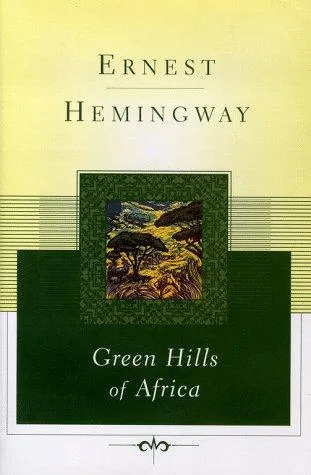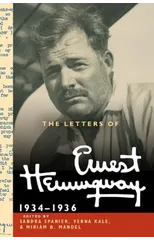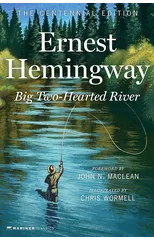"There are some things which cannot be learned quickly, and time, which is all we have, must be paid heavily for their acquiring. They are the very simplest things, and because it takes a man's life to know them the little new that each man gets from life is very costly and the only heritage he has to leave." -- ERNEST HEMINGWAY In the winter of 1933, Ernest Hemingway and his wife Pauline set out on a two-month safari in the big-game country of East Africa, camping out on the great Serengeti Plain at the foot of magnificent Mount Kilimanjaro. "I had quite a trip," the author told his friend Philip Percival, with characteristic understatement. Green Hills of Africa is Hemingway's account of that expedition, of what it taught him about Africa and himself. Richly evocative of the region's natural beauty, tremendously alive to its character, culture, and customs, and pregnant with a hard-won wisdom gained from the extraordinary situations it describes, it is widely held to be one of the twentieth century's classic travelogues.
Ernest Hemingway
Ernest Hemingway (1899-1961) was an American novelist, short story writer, and journalist known for his distinctive writing style and portrayal of masculinity. His most notable works include "The Old Man and the Sea," "A Farewell to Arms," and "The Sun Also Rises." Hemingway's writing is characterized by its spare prose, realistic dialogue, and emphasis on themes of war, love, and loss. He is credited with revolutionizing the modern American novel and influencing generations of writers with his minimalist approach to storytelling. "The Old Man and the Sea," a novella about an aging fisherman's struggle with a marlin, remains one of Hemingway's most famous and enduring works, winning him the Pulitzer Prize for Fiction in 1953 and solidifying his reputation as a literary giant.






